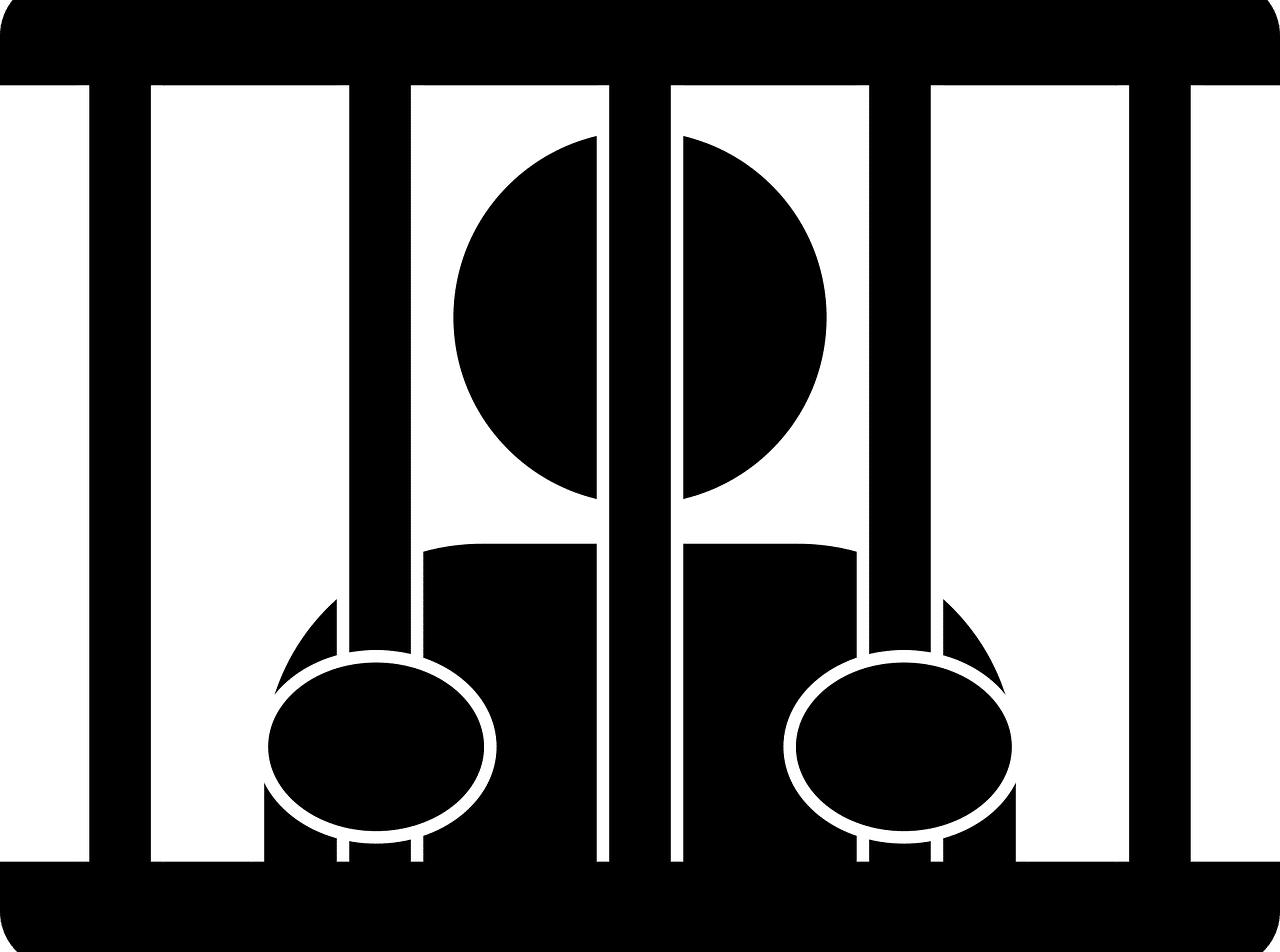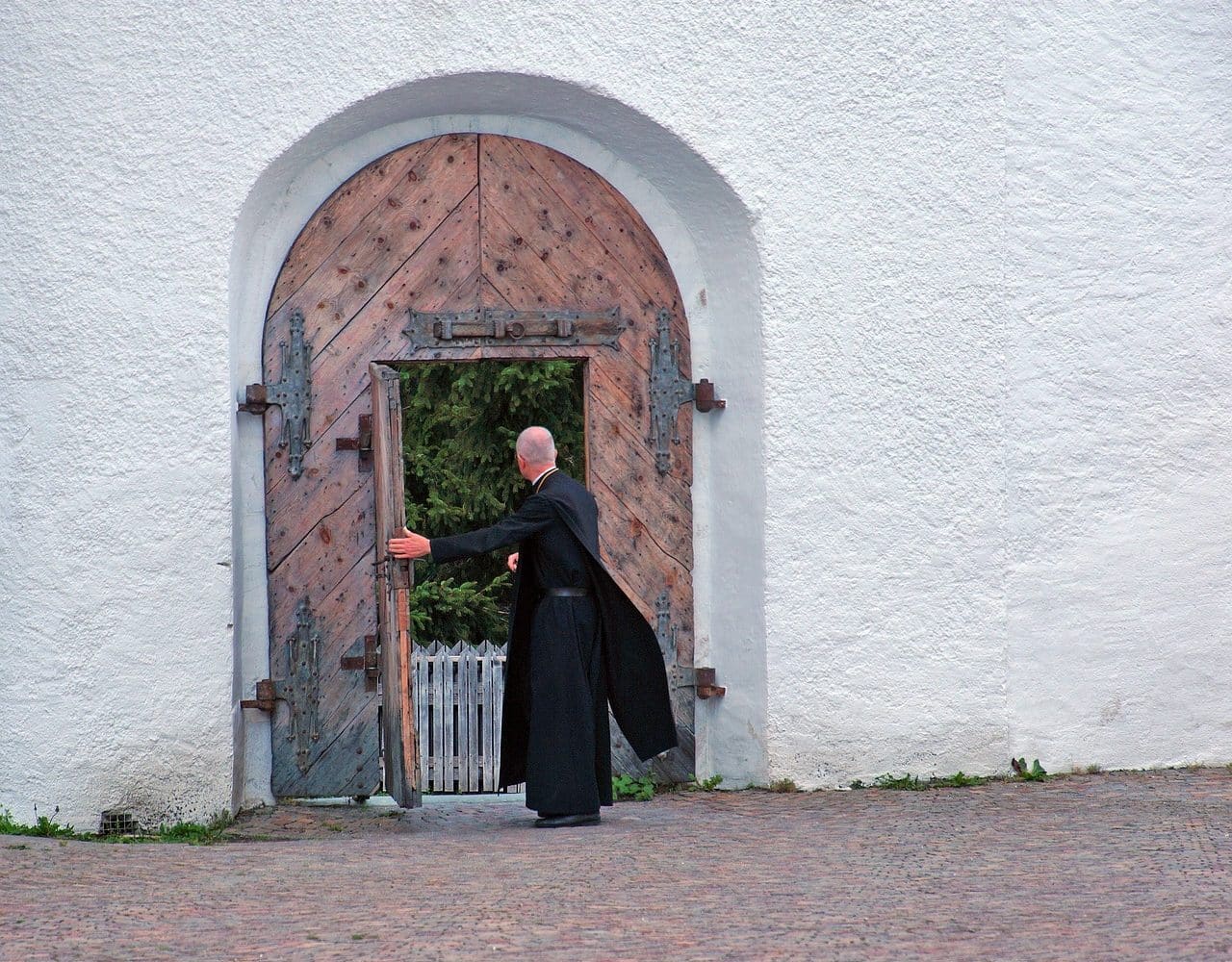
The imprisoned person is subject to forced confinement.
Reclusion is a concept whose etymological origin is found in the Latin word reclusĭo . The term refers to the isolation , whether forced or voluntary, that a person experiences.
Seclusion is not only this confinement, but the notion can also refer to the physical space in which the subject is confined. For example: “The writer suffered a seven-year confinement for his political ideas,” “A fire in the San Marcos prison caused two fatalities,” “The judge ordered the immediate confinement of the former official.”
Confinement in jail
Typically, confinement is associated with someone's imprisonment . It is said that someone is confined when they are in prison . In a democratic system, governed by a Constitution , prisons are establishments controlled by the State . These places house citizens who, for having committed a certain crime , are convicted after a trial and deprived of their liberty .
Those imprisoned, therefore, suffer a confinement. This means that they cannot leave prison during the period stipulated by their sentence . In certain contexts and under certain conditions, prisoners can temporarily leave prison to go out to work and must then return to their confinement.
There are many types of confinements that a judge can dictate when considering the accused guilty of the crime. Thus, it can dictate what is known as night confinement , which establishes that the person in question will have to remain confined at home or in jail, as provided, from 10 p.m. on a day until 6:00 a.m. hours of the next.

In some religious orders there is voluntary seclusion.
A voluntary confinement
Beyond prisons, the idea of confinement can also refer to voluntary confinement : “When Roberto became a widower, he opted for confinement and did not leave his house for several months,” “Leave depression aside! Come out of your seclusion and meet up with your friends or go visit your family.”
In addition to all of the above, we cannot ignore that throughout history there have been writers who have made the decision to carry out voluntary seclusion in order to be inspired, write or get away from the world after great success. This would be the case, for example, of JD Salinger , creator of “The Catcher in the Rye,” who opted for seclusion after the boom that this book experienced.
religious seclusion
Within the religious sphere, the term seclusion is also used. In this case it is used as a synonym for the so-called monastic or conventual cloister , which is the type of life that nuns who belong to certain orders choose to lead. Specifically, they are “prohibited” from leaving the convent as well as allowing people from outside to access any of its premises.
The objective of this type of seclusion is none other than to commit to a life that is dedicated exclusively to prayer, meditation and union with God. This would be the case of the orders of the Poor Clare, Carthusian, Carmelite or Hieronymite nuns , among others. However, it should not be overlooked that there are also orders of monks that advocate voluntary seclusion, such as those of the Benedictines or Cistercians .
